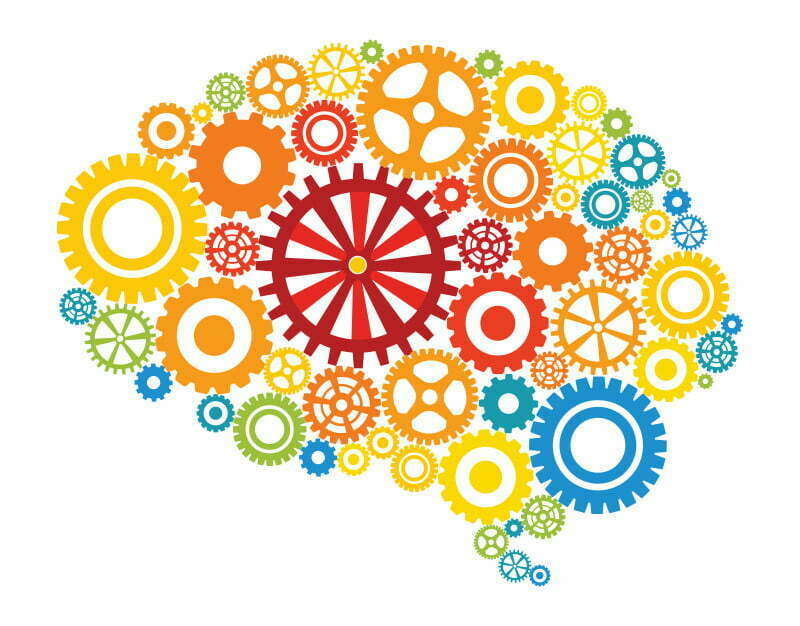A new study has uncovered a crucial piece into why playing a musical instrument can help older adults retain their listening skills and ward off age-related cognitive declines.
The study, published in the Journal of Neuroscience, found that learning to play a sound on a musical instrument alters the brain waves in a way that improves a person's listening and hearing skills over a short time frame. This change in brain activity demonstrates the brain's ability to rewire itself and compensate for injuries or diseases that may hamper a person's capacity to perform tasks.
The study involved 32 young, healthy adults who had normal hearing and no history of neurological or psychiatric disorders. The brain waves of participants were first recorded while they listened to bell-like sounds from a Tibetan singing bowl (a small bell struck with a wooden mallet to create sounds). After listening to the recording, half of the participants were provided the Tibetan singing bowl and asked to recreate the same sounds and rhythm by striking it and the other half recreated the sound by pressing a key on a computer keypad.
Among those who created music, direct changes in the brain were observed following just a single session, the researchers said.
The study's next steps involve analyzing recovery between stroke patients with musical training compared to physiotherapy and the impact of musical training on the brains of older adults.
Paper: “Sound-making actions lead to immediate plastic changes of neuromagnetic evoked responses and induced beta-band oscillations during perception”
Reprinted from materials provided by Baycrest Centre for Geriatric Car.

